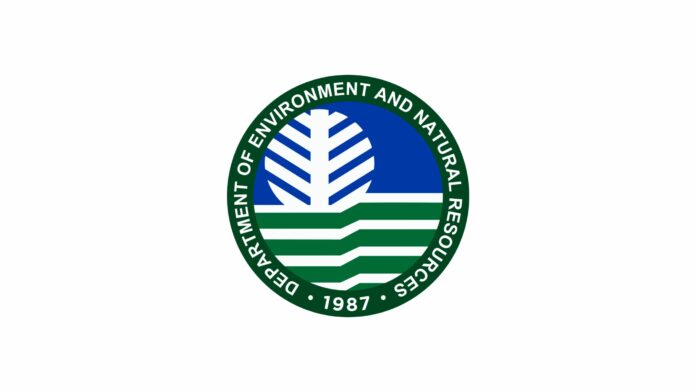The Department of Environment and Natural Resources (DENR) is exploring the potential of co-processing as a sustainable waste management solution towards the establishment of a circular economy to mitigate the impacts of climate change in the country.
Co-processing is a method that converts residual waste such as end of life plastics into alternative fuel for cement manufacturing plants using high heat.
Under the said process, solid waste including plastics and discarded tires are substituted for coal, pet coke or diesel as fuels to avoid methane emissions generated at landfill sites and partially decarbonize the manufacturing process.
Any waste byproducts from the process such as ash are also fully integrated into the microstructures of the clinker which is a key ingredient of cement.
Environmental Secretary Antonia Loyzaga said further partnerships for co-processing was mulled after her visit to the new shredder platform that improves the waste-to-fuel co-processing operation of Republic Cement in Taysan, Batangas.
DENR said Republic Cement’s resource recovery eco-loop pioneers in the use of alternative fuel in local cement manufacturing.
Loyzaga said the DENR is seeking engagements with stakeholders in the private sector and non-government organizations that benefit communities, the environment and the economy while complying with both the Ecological Solid Waste Management Act and the Extended Producer’s Responsibility (EPR) Law of 2022.
The EPR requires large companies to collect, recycle and dispose of plastic packaging wastes by 80 percent in 2028 with goals to also limit and adapt to climate change and the protection and enhancement of life under water and all life on land.
The DENR also said Republic Cement’s co-processing efforts from 2020 to 2022 enabled the decrease of its partner local government unit’s plastic packaging footprint with over 890 dump trucks filled with plastic waste processed through strong multi-stakeholder collaboration with materials collection and recovery groups.







